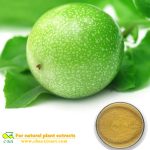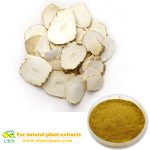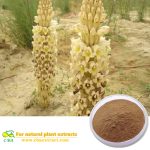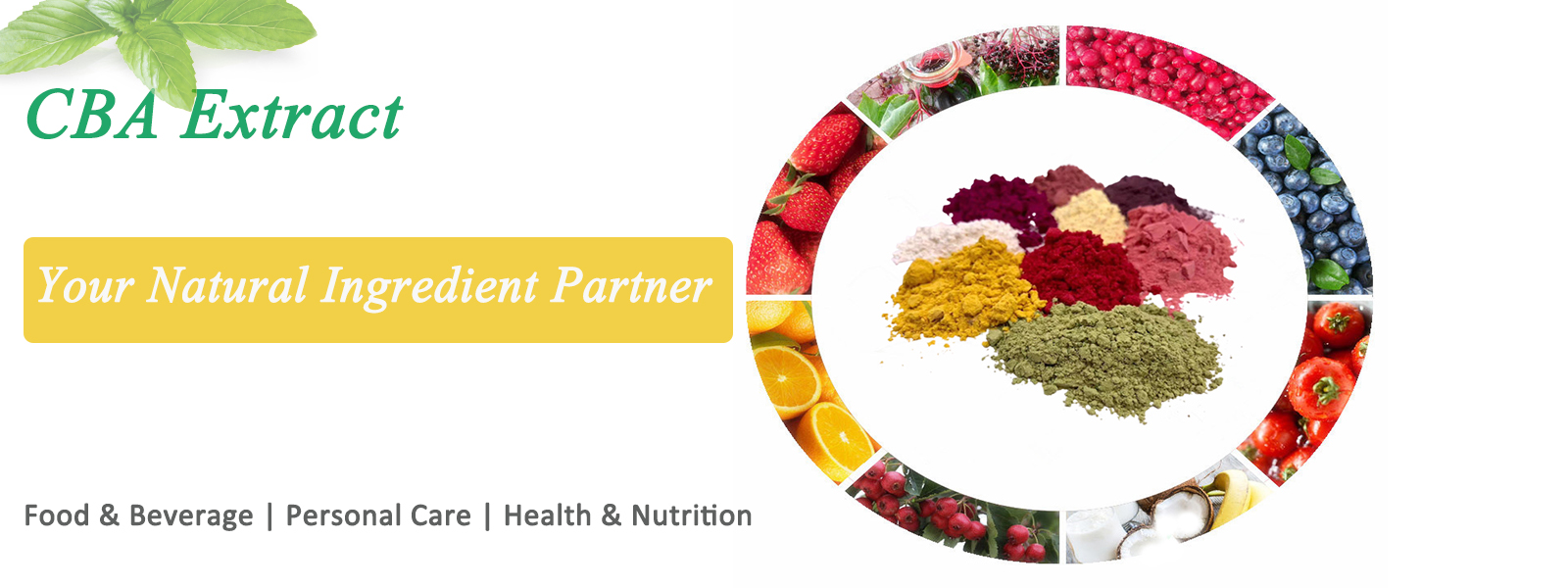
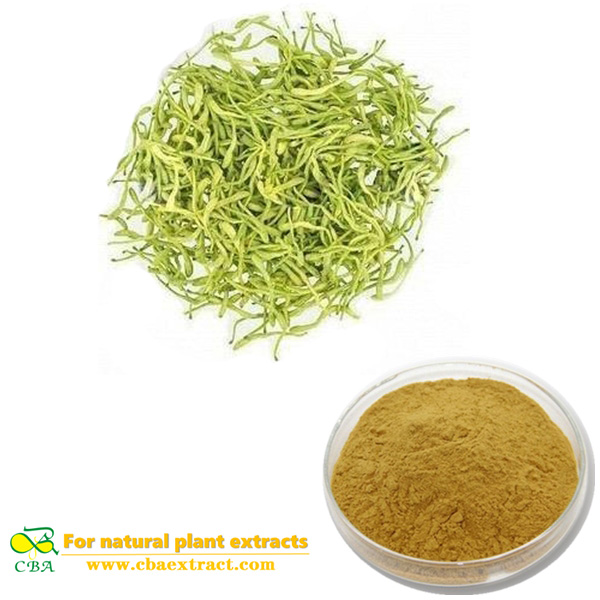
Мед Экстракт подсосных цветов Экстракт бутонов японской жимолости Экстракт Flos Lonicerae Хлорогеновая кислота
SHANGHAI CBAGRO CO.,LTD | Professional nature plant extracts manufacturer and supplier|Japanese Honeysuckle Flower Bud Extract
100% Natural japanese honeysuckle flower bud extract (Flos Lonicerae extract)
Product Properties:
| Product Name | Honeysuckle Flower Extract |
| Botanical Name | Lonicera Japonica |
| Active Ingredient | Chlorogenic Acid |
| CAS No. | 327-97-9 |
| Molecular Formula: | C16H18O9 |
| Molecular Weight: | 354.32 |
| Технические характеристики | 5%-95% by HPLC |
| Density | 1.65g/cm3 |
| Появление | Brown or white powder |
| Solubility | 100% solubility in water |
Вступление:
Honeysuckle (Lonicera japonica) has been used in traditional Chinese medicine for many years, but only recently by western herbalists. Honeysuckle contains antiviral, antibacterial, and anti-inflammatory constituents and has a multitude of uses. The major constituents in Lonicera japonica are Flavonoids, Triterpenoid Saponins and Tannins.
The Herbarie’s Honeysuckle Extract is prepared from the flowers, buds and tender, young leaves of Lonicera japonica. Our unique processing utilizes steam distillation and other pure extraction methods to obtain both volatile and water-soluble plant constituents. Honeysuckle Extract contains no solvent residues, no heavy metals or other impurities.
Honeysuckle Extract can be used in skin care products such as creams and lotions, serums, toners, antiaging products, baby care products.
Функция
- A) Can be used as anti-infectious active ingredient
- B) Has wide anti-virus, anti-bacteria effects
- C) Has relatively lower toxicity and side-effects
- D) Has obvious anti-infectious effects.
- E) Due to its obvious anti-infectious effects, it not only can be used in pharmaceutical field but also can be used widely in many other fields like food, feed additives and cosmetics
заявка
- A) Has a wide range of biological effects, from insect resistance to human health
- B) An important factor in plant metabolism
- C) An antioxidant and has anti-fungi effectivity, stronger than the antibacterial effectivity
- D) An ester of caffeic acid and quinic acid, a major phenolic compound in coffee, the daily intake of coffee drinkers is 0.05-0.1g
- E) Strong antioxidants in vitro and could therefore be contribute to the prevention of disease caused.




